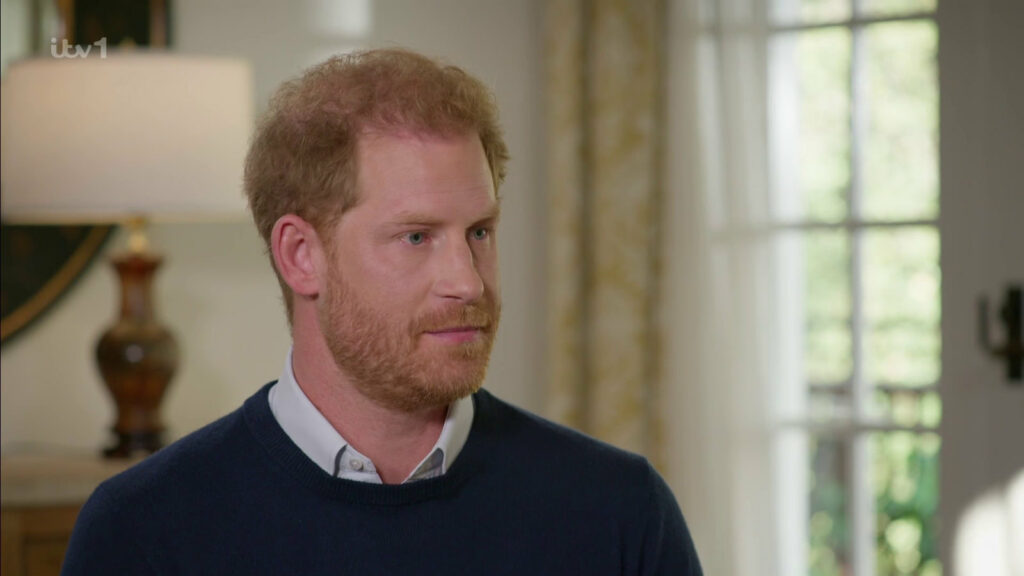My Mastodon feed is full of US politics and American football. I could use lists or mute keywords, but neither seems to be an ideal solution. I thought it had been agreed by most users when the influx happened that political posts would have content warnings, because there was a desire not to re-create OnlyKlans. […]
Read More… from As Mastodon starts to mainstream, welcome to the end of social
